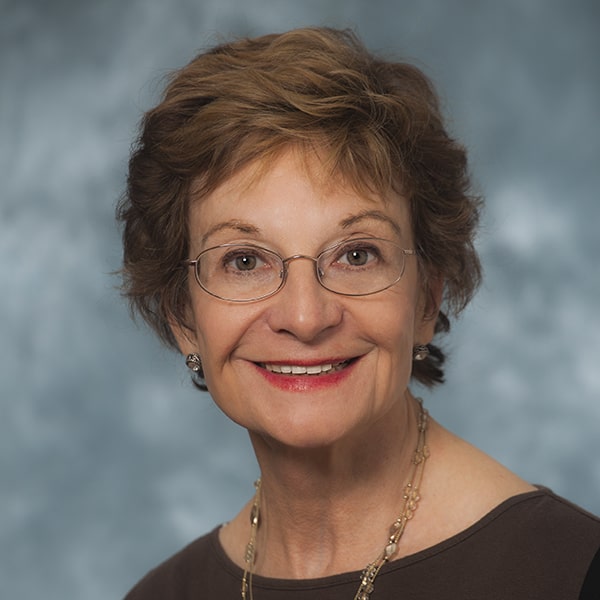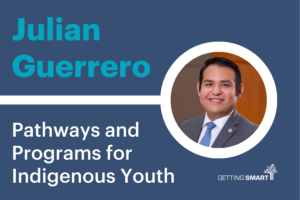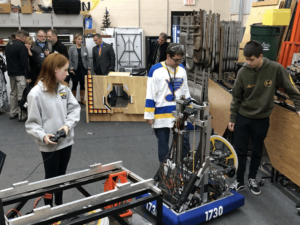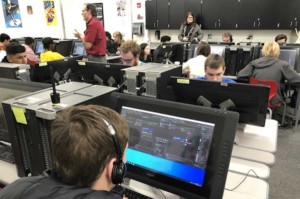Integrating College Learning with Real World Application
By Pi Irwin

Remember the days of heated debates about face-to-face vs. online instruction in higher education; the questions about the quality of online instruction and digital delivery? What a long way we’ve come!
Today, those questions about the effectiveness of online education are mostly answered, and it’s evident that online instruction is here to stay. Currently, more than 77 percent of colleges offer online courses and 31 percent of higher education students have taken at least one course online. According to a survey released by the Sloan Consortium, that’s a 10 percent increase in one year compared to the two percent growth in the overall higher education student population.
Not only is online education a reality but it’s working, too. A study by Lovett, Myer and Thille found that college students learned statistics online approximately 50 percent quicker than students in conventional courses. Moreover, a study of online training by the military conducted by Fletcher and Chatham revealed that the courses were about 30 percent more efficient than traditional classroom teaching.
As department chair of Curriculum and Instruction at the American College of Education, an online graduate college of education, I observe the effectiveness of online instruction daily. And, while I recognize that online delivery is one of our distinguishing characteristics, as our college is young and has used online instruction since 2007, in my mind it’s not the only — or perhaps even the most important one.
For me, what distinguishes us from other traditional and online institutions is our continual dedication to graduate education that has real world relevance and immediate, practical application of what is learned. Our students are primarily teachers in classrooms, administrators or other school professionals. As classroom teachers and school personnel, our students continue to be practitioners in classrooms or other educational settings. What they most want to learn is how they can make a positive difference in the instruction and education of students.
Our students immerse themselves in evidence-based content, based on original and current research. They explore instructional strategies that are grounded in best practices. Course readings consist of original research and current peer reviewed journal articles, which are updated annually to reflect proven and cutting edge knowledge. Extensive online library offerings give students access to a wide variety of journals and materials.
Assignments and discussion board postings require our students to connect theory and research to application and practice in their classrooms and school settings. Specifically, students collect data on their own students, schools, districts and states and begin to analyze strengths and areas of concern. Based on this analysis, they immediately apply what they are learning and assess the effectiveness of their applications on student learning outcomes and environment. Additionally, in multiple discussion board postings, students engage weekly with other students to gain perspective on their own learning as well as to contribute to the thinking of others. Finally, students describe and assess the applications of what they have learned as they submit assignments for faculty grading and input.
I take great pride in being part of an institution that provides graduate education with real world relevance and immediate, practical application of what is learned. That is our commitment, and our students believe we do it.
In fact, in a survey of new graduates last fall, 88 percent of respondents told us what they learned in our programs is directly applicable to their current K-12 teaching and administrative positions. Furthermore, American College of Education graduates taking the Florida Educational Leadership Exam (FELE) have an overall pass rate of 97 percent, whereas the overall pass rate for all FELE participants is just 79 percent. Test results in other jurisdictions and categories are similarly positive.
I think it’s safe to say that the days of questioning the validity of online education are long behind us.
Pi Irwin, Ed.D., is Chair, Department of Curriculum and Instruction, at American College of Education. (ACE), one of the world’s leading providers of online advanced degree programs for educators. For more information about American College of Education, please visit www.ace.edu.




0 Comments
Leave a Comment
Your email address will not be published. All fields are required.